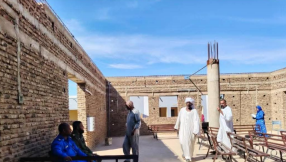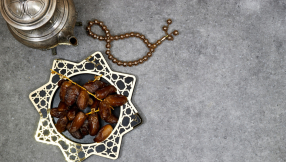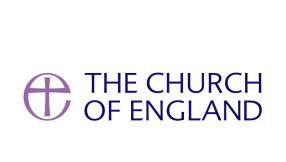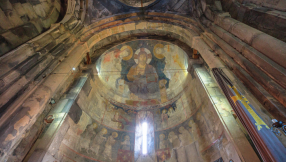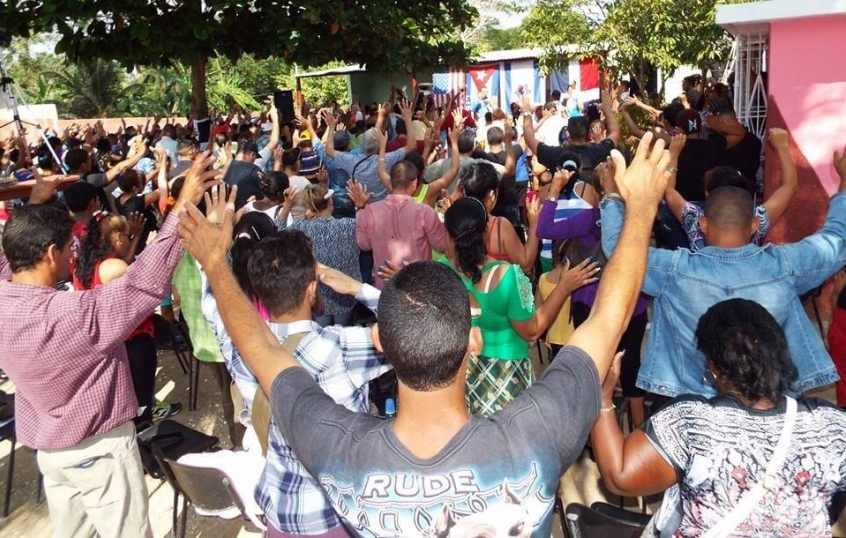
Churches in Cuba are seeing a resurgence; the country that previously repressed religious freedom is seeing tens of thousands gathering for evangelical worship every week.
The government of Fidel Castro oversaw tight restrictions on church organisation and activity, and Cuba has been a target of President Trump's administration and its efforts to protect religious freedom in the region. Nonetheless, the country is already seeing a sea change on the issue, according to Associated Press.
Cuba has been a predominantly atheist state during the Castro era – in the 1960s the Rev Juan Francisco Naranjo was sent to two years of labour camp for his evangelical preaching. Naranjo's church was subsequently stifled, and only a few attended.
Now, Naranjo's church is full of life. Naranjo died in 2000 but a recent Sunday saw his church gathering 200 worshippers for a Sunday service, proving clinical care for disabled children and hosting a Bible study group.
'In the 1960s, the few brothers and sisters who came here had to hide their Bibles in brown-paper covers,' said Esther Zulueta, a 57-year-old doctor. 'It's night and day.'
Cuba's government now recognises the freedom of religion, but doesn't allow religious groups to construct their own houses of worship, and has recently demolished various church buildings. Churches have been expanding their use of social services such as medical care and aid resources - previously exclusively operated by the Cuban government.
'There's a revival of these churches, of the most diverse denominations in the country, and all of them are growing, not just in the number of members, but in their capacity to lead and act in society,' said Joel Ortega Dopica, a Presbyterian pastor. Dopica is the president of Council of Churches of Cuba, an official association of 32 Protestant denominations. He says: 'There is religious freedom in Cuba.'
Cuba's 11 million population is 60 per cent baptized Catholic, and includes 40,000 Methodists and 100,000 Baptists. The Assemblies of God denomination has 120,000 members, when in the early 1990s it only has 10,000. Tensions have thawed somewhat over the years following activism from religious groups, and pastor's like Naranjo, advocating for better relationships between churches and the communist government.
The visit of Pope John Paul II in 1998 marked some new freedoms for Protestants and Catholics in Cuba.
In 2016 the advocacy group Christian Solidarity Worldwide alleged in a report that the Cuban government has committed 2,380 violations of religious freedom, having declared 2,000 Assemblies of God church to be illegal and confiscating 1,400 of them.
The Assemblies of God treasurer in Cuba, Juan Whitaker, denied the allegation and said that none of its churches had been declared illegal. CSW maintain their statement, and said that refutations of their allegation could be explained by pressure from the government. They cite the stories of men like Juan Carlos Nunez and Bernardo de Quesada who had their homes demolished since they hadn't been constructed with official permits.
The homes had hosted hundreds of worshippers for weekly church gatherings.
Though tensions persist, the situation has clearly progressed since Castro's restrictions in the 1960s. The Rev Dorilin Tito, a pastor at William Carey Baptist Church, said: 'The Cuban authorities have understood the necessity of our presence and dialogue with the government, which still continues, even if we don't always agree.'










